We all know that fruits and vegetables have their best seasons for tasting, so do different types of tea also have their optimal seasons for drinking?
Tea can be enjoyed at its best flavor in any season. However, due to different processing methods, each type of tea has its own characteristics, which means there are ideal seasons for drinking each type of tea. This concept is distinct from seasonal fruits and vegetables. Drinking the right tea in different seasons can be more beneficial to your health.
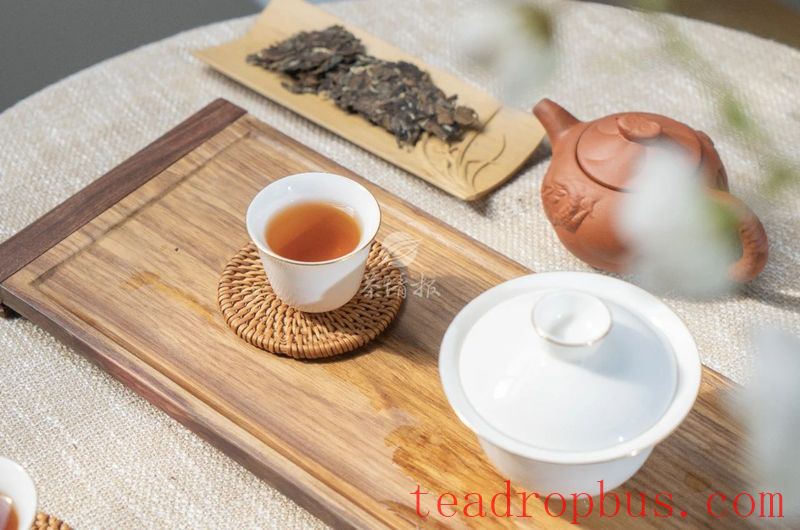
Green Tea
Wilt: No Wilt
Fermentation Level: Non-fermented, Fermentation Degree 0%
Nature: Cold
Season to Drink: Summer
Representative Teas: Longjing, Lushan Cloud Mist, Xinyang Maojian, Biluochun, Huangshan Maofeng, Tai Ping Houkui, Liu'an Guapian, Duyun Maojian, Mengding Ganlu, Anji White Tea, etc.
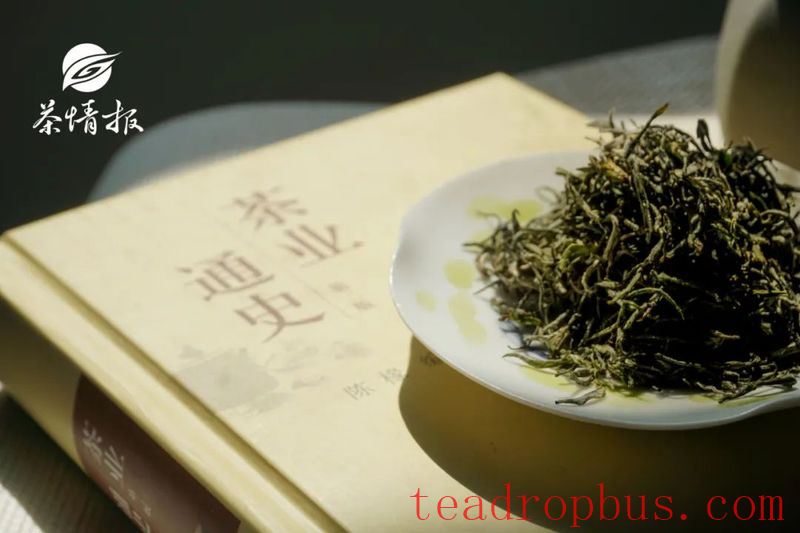
White Tea
Wilt: Heavy Wilt
Fermentation Level: Slight fermentation. New tea approximately 5-20%; Aged white tea approximately 20-80%
Nature:
● Cold
● Cool
● Neutral
Season to Drink:
● Summer
● Autumn
Representative Teas: Taimuszhen Silver Needle, Baihao Silver Needle, Bai Mudan, Gongmei, Shoumei, New Process White Tea, etc.
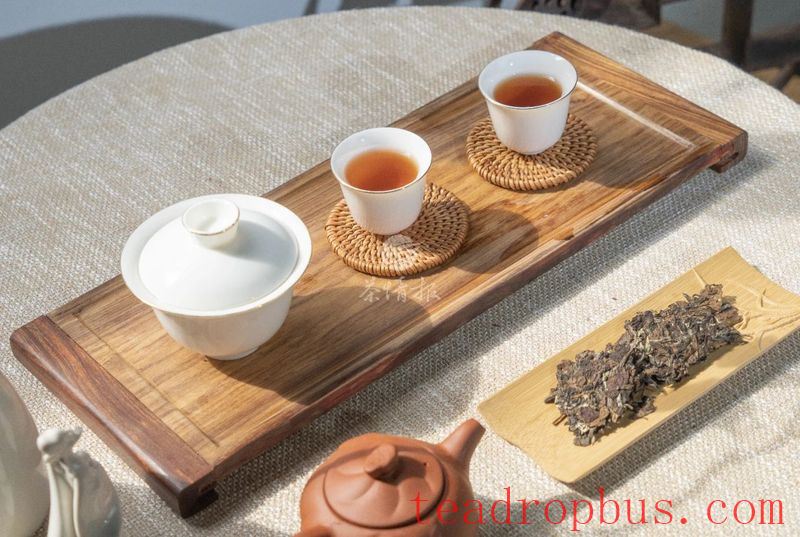
Yellow Tea
Wilt: No Wilt
Fermentation Level: Lightly fermented, approximately 20-30%
Nature: Cold
Season to Drink: Summer
Representative Teas: Junshan Silver Needle, Mengding Yellow Bud, Huoshan Yellow Bud, Beigang Maojian and Weishan Maojian, Wenzhou Yellow Soup, Guangdong Dayeqing, etc.
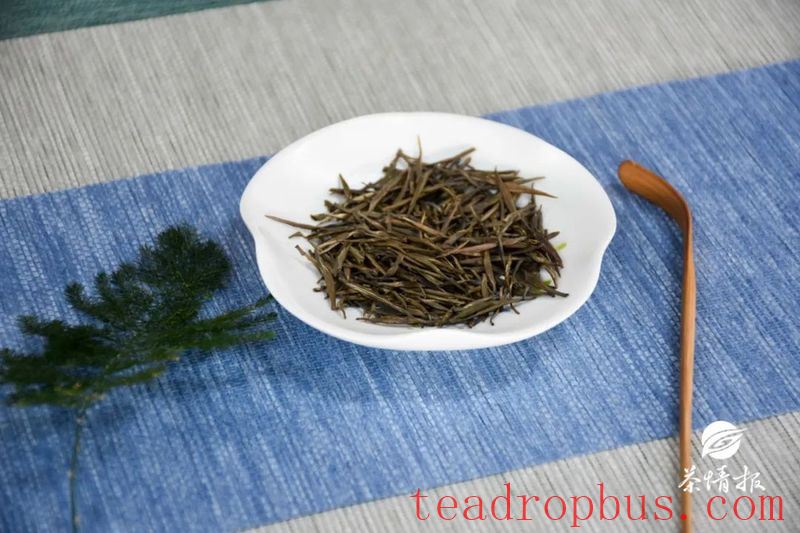
Oolong Tea (Blue Tea)
Wilt: Wilt
Fermentation Level: Semi-fermented
1
Fermentation Level: Lightly fermented approximately 20-30%
Nature: Cold
Season to Drink: Summer
Representative Teas: Freshly fragrant Tieguanyin, Dongding Oolong, and Wenshan Pouchong, etc.
2
Fermentation Level: Medium fermentation approximately 30-50%
Nature: Neutral
Season to Drink: Autumn
Representative Teas: Strongly fragrant Tieguanyin, Phoenix Dancong, Taiwanese High Mountain Oolong, Lightly Roasted Oolong Tea, etc.
3
Fermentation Level: Heavily fermented approximately 50-80%
Nature: Neutral
Season to Drink: Autumn
Representative Teas: Wuyi Rock Tea including Dahongpao, Shuixian, Rougui, Mingcong, Taiwanese Baihao Oolong, Moderately Roasted Oolong Tea, etc.
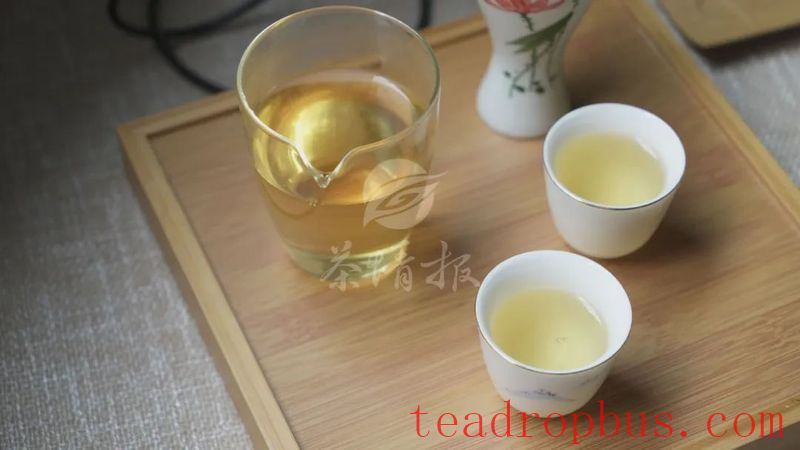
Black Tea
Wilt: Wilt
Fermentation Level: Fully fermented, approximately 80-90%
Nature: Warm
Season to Drink: Winter
Representative Teas: Zhengshan Xiaozhong, Smoky Xiaozhong, Yunnan Black Tea, Keemun Black Tea, Ning Hong, Chuan Hong, Min Hong, Hunan Black Tea, Ying Hong, etc.
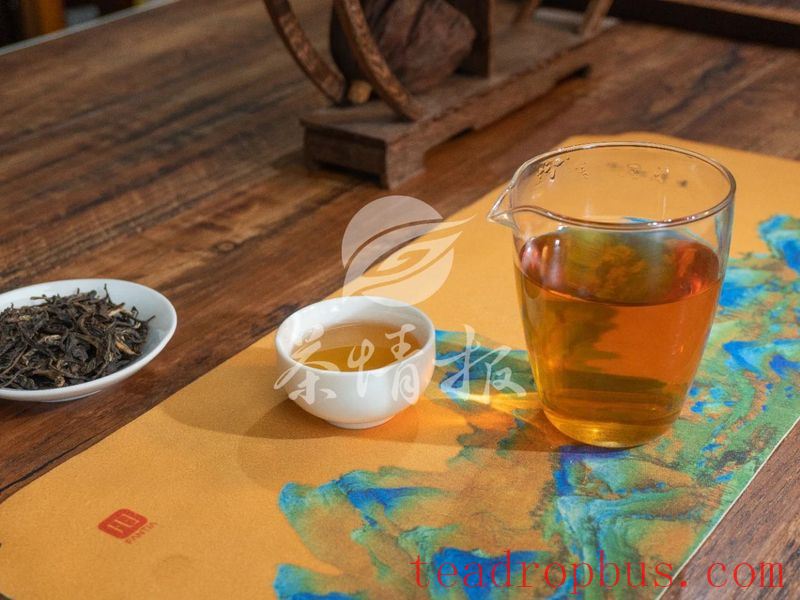
Dark Tea
Wilt: No Wilt
Fermentation Level: Post-fermented
1
Fermentation Level: Raw tea approximately 20-30%
Nature: Cold
Season to Drink: Summer
Representative Teas: Dark teas with low fermentation such as Raw Pu'er
2
Fermentation Level: Approximately 100%;
Nature: Warm
Representative Teas: Anhua Dark Tea, Liubao Tea, Aged Pu'er, etc.
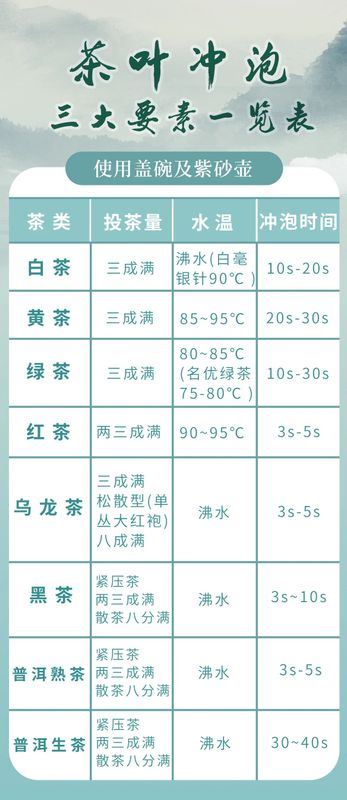
In addition, different types of tea have different brewing techniques. Generally speaking, you can refer to the following table for guidance.

If there are any copyright issues, please contact us to remove them.